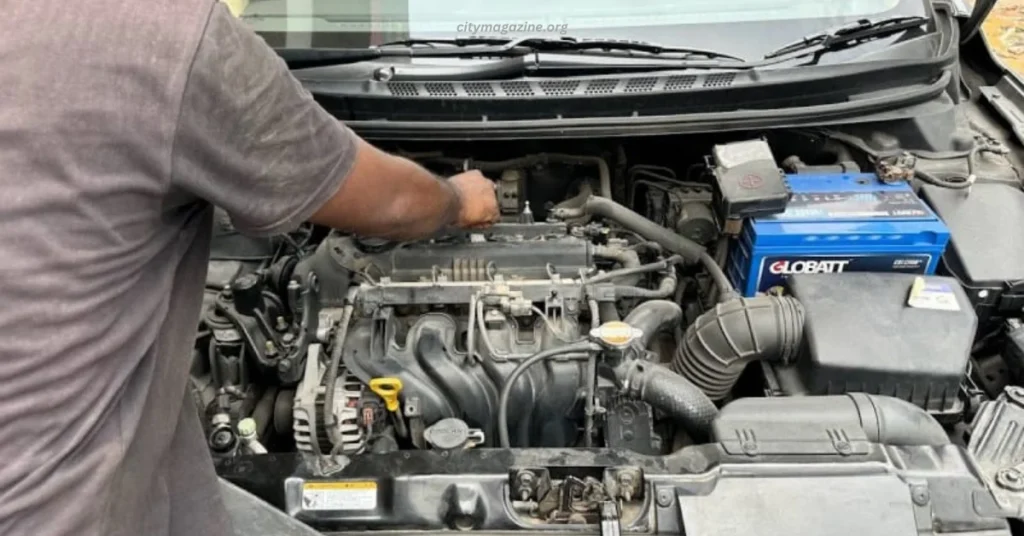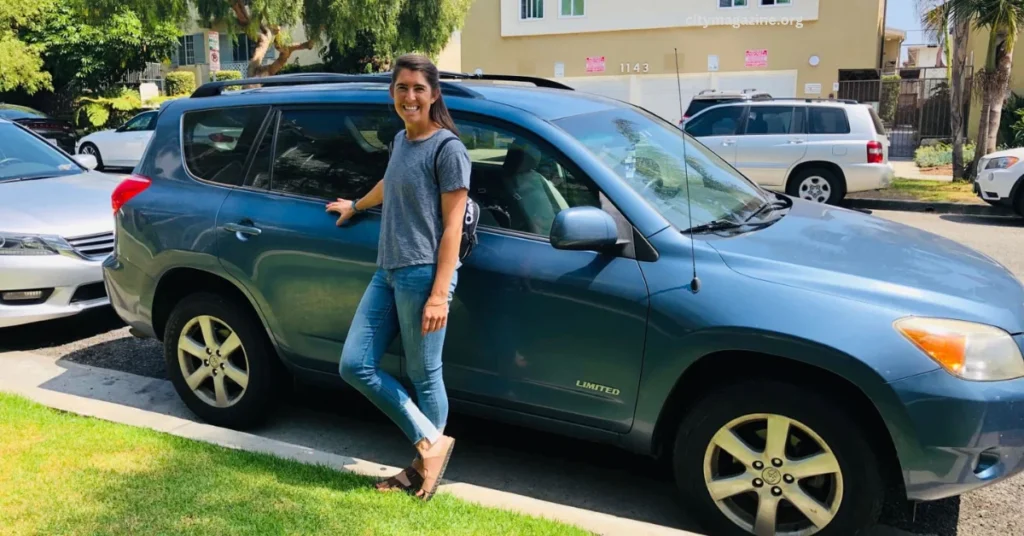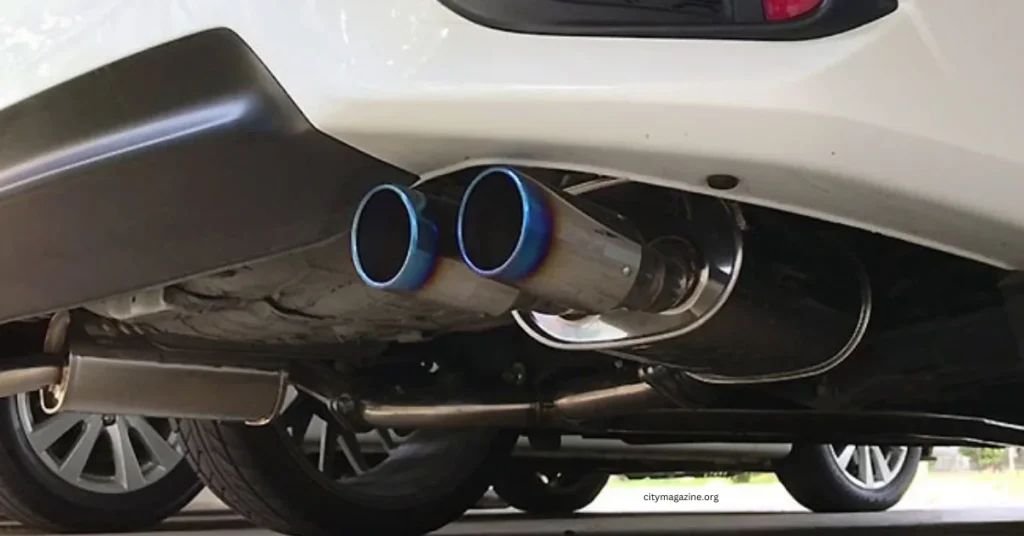An engine is a machine that converts fuel into motion. There are many different types of engines, but they all have one thing in common: they need oil to keep them running smoothly. If there’s not enough oil, or if it’s not the right kind of oil, then your engine will start to suffer from poor lubrication and major engine problems will occur.
“Prosourcediesel.com” Deals with all kinds of powerful engines. They treat your engine with great care and help you solve major problems you face while driving it.
TYPES OF ENGINE PROBLEMS:
There are three main types of engine problems that are caused by poor lubrication:
- Metal-to-metal contact (when two moving parts touch each other and cause damage)
- Wear (when the surface of a part gets thin because it doesn’t have enough oil to protect it)
- Friction (when there isn’t enough oil to make something move easily). All three of these can lead to serious damage if left untreated!
OIL PUMP FAILURE:
An oil pump moves oil through the engine so that all of the moving parts can stay lubricated and protected from heat and wear. If your engine’s oil pump fails, then it won’t be able to deliver enough oil throughout the rest of the engine and it will start to overheat quickly. This means that your car will start having major problems like needing new pistons or even being unable to run at all!
FAILURE OF FUEL AND AIR COMPRESSION:
Compressed air is used in the combustion process where it is combined with fuel helping it out in the combustion process and producing heat which is further used for running an engine. Now when this compression is faulty, it starts producing problems like leaky value and worn-out pistons.
SENSORS:
Sensors are very important because they give you a warning about what is wrong with your vehicle and you take a timely step to prevent that problem. Now for any reason if your sensors are not working it can endanger you and your car in the long term for example if the petrol sensor is giving you faulty readings and you are on a long journey how will you reach your destination with it? Stopping at the wrong place can endanger you and make you pay 2 times of actual cost for the journey.
To avoid this, make sure that you always keep an eye on your car’s oil level so that you know when you need to add more oil before it gets too low. Also, make sure that you always replace your car’s oil every 3,000 miles or so depending on how often you drive – if you don’t replace it regularly then your car won’t be able to run as well as it could otherwise!
Make sure you know how much oil your car needs and when you should change it; check your owner’s manual for instructions on how often you should do this maintenance procedure. Also, make sure you always use high-quality oils that meet the requirements listed in your car’s manual; using an inferior product could cause even more damage than using no oil at all!




